|
‘Grief is not a disorder, a disease or a sign of weakness. It is an emotional, physical and spiritual necessity, the price you pay for love. The only cure for grief is to grieve.’ (Earl Grollman) Ambushed by grief. A graphic book title and a profound way to convey the experience of the experience. Grief can, at times, take us completely by surprise, impacting us suddenly and as if out of nowhere; leaving us breathless, broken and bleeding. My most traumatic grief experience was at age 18. I still re-experience it, like living in the vice-like grip of a terrible nightmare that stubbornly, agonisingly and tormentingly won’t let go. One of the best descriptions of grief I’ve ever read is a beautiful and painful personal expression of this phenomenon that, in the midst of such agonies, offers a picture of hope. It resonates with much of my own personal experience too. Only in more recent years have we begun to discover, perhaps to rediscover and to understand, the somatic dimensions and consequences of traumatic grief. The body certainly does keep the score. On Easter Saturday (a day that marks the existential time gap between Jesus’ death and his resurrection) this year, I visited a Christian community where one of its leaders shared a deeply evocative short video clip by Massive Attack. It captured and expressed feelings of denial, betrayal, pain, abandonment and death in such a way that left me stunned and speechless. We prayed for all who feel trapped in a perpetual state of dysthymia.
12 Comments
‘Intuition is like reading a word without having to spell it out.’ (Agatha Christie) I had the privilege of training an inspiring, cross-cultural group of participants in South Africa, Rwanda and the UK this week who work in different roles in the same international non-governmental organisation (INGO). This online Action Learning Associates programme was designed to enable them to facilitate Action Learning sets (that is, groups) confidently and effectively. (If you’re unfamiliar with the concept of Action Learning, it’s a semi-structured, small-group, peer-coaching process that’s used widely in leadership and management development programmes and as part of wider organisation development (OD) initiatives). One of the areas we touched on during the training event is the value of drawing on intuition when facilitating groups. We could consider the facilitator’s role simply in terms of a series of tasks, e.g. introducing a meeting; leading a check-in; contracting ground-rules; guiding the group through the sequential steps of an Action Learning process; facilitating a review at the end. These are important elements that we learn to handle skilfully. At a deeper level, however, we can learn to tune into our intuition. This will help us to discern, for instance, unspoken issues; underlying group dynamics; or when a person-group is stuck or ready to move on. Intuition can feel mysterious, a sense of ‘knowing’ that we may experience bodily or as a feeling rather than as a rational concept in our mind. One of most mysterious experiences I had was when training a group of church and community leaders in Action Learning facilitation. When I first encountered one of the participants, the word ‘Ruth’ kept coming to mind. I mentioned this to him very tentatively and he looked astonished. Apparently, he was about to complete a PhD study on the book of Ruth in the Bible. I had no idea. For me, spiritual discernment sits close to intuition. I always pray deeply before coaching or facilitating a set. How do you draw on intuition in your own life and practice? I’d love to hear from you! ‘Just like seasons change in nature, they change in our lives as well. And, as they change, they ask different questions of us. What questions is your life asking of you now?’ (Funmi Johnson) I had a great conversation with Funmi, a fascinating and inspiring fellow coach, this afternoon and found her question (above) very thought-provoking. I’m at an age where legacy is a persistent question that calls out to me with growing insistence…and demands a response. Am I genuinely living my life authentically according to the mission and values that I claim to be real and true? Or am I compromising too much of what matters most, deluding myself with a clever façade that even I have found convincing? How deep will my spiritual footprint be? I love Funmi’s question. It stirs the waters and ignites a search. ‘Try to be a rainbow in someone’s cloud.’ (Maya Angelou) I can’t create a rainbow. I can only witness its radiant beauty. A rainbow itself is created by white light, refracted as it strikes droplets of water in the air, often seen most vividly during or after rainfall. Some of the most stunning I’ve seen have been in Scotland where sunshine and rain are common together, with bright-coloured rainbows emerging like curvaceous, prismatic streamers in their midst. The Bible depicts rainbows as signs of spiritual-existential promise, of hope, initiated by God. Again, this isn't something I can make happen. I can only witness it, experience it, be awestruck by it. It’s something, or rather Someone, who clings to me amidst the violent storms, raging winds and torrential downpours of my life. Often, quite literally, this has been the only reason why I'm still alive today. Sometimes, I only perceive or discern the traces of a rainbow after the event. It’s like a mysterious pattern that appears, by faith, and is only visible from a distance. I went to theological school for 3 years. Inexplicably, my fees and living expenses were fully-paid. I remember, however, sitting on the side of my bed, alone and in near-despair. Studying God like studying physics felt like a travesty. Years later, the hidden seeds sown through that experience gradually came to fruition. I can now see the deep wisdom in that youthful decision, that strange prompt of divine opportunity that had felt so hard for me at the time. It was a period that had included a broken engagement, a snapped shin bone, tests for throat cancer and many other painful trials. Yet still, somehow...a rainbow appeared. ‘At such moments we don't choose silence...but fall silent.’ (Philip Simmons) As 2024 opened, I found myself yearning for silence, a sacred space to sit quietly and alone with my face turned unequivocally towards God. I found such a place in Alnmouth, a Franciscan retreat centre in the North East of England. Its spirituality focuses on Jesus and the poor and that matters deeply to me too. I had first found Jesus through a close friend who went on to become a Franciscan so this felt like a familiar place, like returning home after a long journey away. I packed a case and went. The days started early and ended late with a time of silence or spoken liturgy in a simple candle-lit chapel. As I sat or stood listening to the devout Franciscans chanting words slowly and meditatively from the Bible, my attention was drawn to a stark representation of Jesus on a cross at the front, straining to look upwards to his Father. I felt hurt, angry and confused by his suffering and, at the same time, intensely frustrated by my own weak faith and what the Bible calls sinfulness. He deserves better. As I sat in the deep silence that followed, I recalled some words from Iain Matthew (The Impact of God): ‘Someone is there – you notice out of the corner of your eye – Someone is there looking at you...and has been for some time. You realise your whole Christian life is an effect, the effect of a God who is constantly gazing at you – whose eyes anticipate, penetrate and elicit beauty.’ It isn’t about me. It's about God's expression of amazing divine love that holds the power to transform everything. 'The supreme happiness of life is the conviction that we are loved.' (Victor Hugo) Bursting with excitement would be an understatement. These poor Filipino children today know that something very special is about to happen, but neither they nor their families know what it will be. Living in a very poor community that exists at subsistence level in a cemetery, they don’t normally expect to be seen, let alone be treated to gifts. When Jasmin, her daughter and her small team of helpers appear, the whole community goes wild. Supported by friends in the UK and Germany, every one of the 127 children receives a mattress to sleep on. Christmas gifts and food parcels are distributed too. With wide smiles of joy, the whole community springs spontaneously into song and dance. God is amazing. Love in action. We can be hope. Today is a dark day. The wind and rain outside reflect the deep, dark feeling inside. One of the women who featured in small things, the video, in July…has died. She didn’t die from an accident or a serious illness. She died because she is poor. She loved to help others and brought joy to the lives of those who live on the far edge of hope. That is her tribute – her simple, beautiful legacy. With no shoes to wear, she got a small cut on her foot. Not wanting to burden her family with the cost of help that they too could ill afford, she hid it from them and didn't say anything. She wrapped a makeshift bandage around it, but couldn’t keep it clean. With untreated diabetes, no sanitation and being too poor to access doctors, hospitals or medication, the wound festered and killed her. I hate that the poor are so vulnerable. And I’m trying to remind myself: we can be hope. ‘The arrival of Jesus in our lives is not just something that happened 2000 years ago. It still happens now.’ (Steve Sutton) 20,000+ people gathered in London to demonstrate against horrific human rights abuses in El Salvador. A friend, Paul, and I travelled down by coach from the North East of England wearing our protest-style combat jackets and keen to add our own voices to the crowd. A large number of people were assembling in Hyde Park, the starting place, with various organisers moving among us to arrange the procession. Suddenly, Paul and I were approached by the leaders to carry a large banner at the very front of the march. We were astonished that, out of so many thousands of protestors, they chose us. God chose us. We were and are nobodies, yet as a new follower of Jesus at age 21, it felt like Jesus was walking with us, among us. Spotters on embassy rooftops monitored and took photos through long camera lenses. Our image appeared on the front cover of a well-known human rights magazine. On arriving at Trafalgar Square, the police mysteriously allowed only Paul and me through the cordon to sit at the foot of the speakers’ platform. 2 years later, I was chosen to meet the main speaker at a secret rendezvous in a basement flat in Islington, but I could never have imagined that at the time. On moving to London a few months later, I attended a vigil at St James’ Church, known for its firm stance on behalf of the poor and oppressed in the world. We were there to mark the inspiring life yet brutal assassination of radical follower of Jesus, Archbishop Oscar Romero. By God’s mysterious design, I discovered that I was sitting beside the Nicaraguan ambassador. At the end of the service, a Spanish nun, passionate follower of Jesus and human rights activist chose me to come forward, a lone stranger, to have my photo taken with Salvadorean refugees. She and I became life-long friends. Some 40 years later now, I’ve had the humbling privilege of witnessing and experiencing so many more such miracles than I could ever count or recount. I don’t know or understand why God chooses us but I’m glad and grateful that he does. When he does, it feels to me like a Divine voice that calls out from within and beyond, that we hear and experience as a realisation. Hitherto 'coincidence' takes on a deeper significance. As we approach this Christmas with all that it holds for us and the world, the arrival of Jesus in our lives is not just something that happened 2000 years ago. It still happens now. ‘Our reality is narrow, confined, and fleeting. Whatever we think is important right now, in our mundane lives, will no longer be important against a grander sense of time and place.’ (Liu Cixin) I think you could say we’re a family with an international outlook. My parents travelled extensively around the world and have touched most continents. My older brother lived in Brunei, married a Malaysian woman and has visited almost every country in Asia. My sister lived in Germany, mixes with friends from different countries and travels frequently to Spain to do salsa dancing. My younger brother ran a charity for and in Romania, did a medical mission in remote areas of the Amazon jungle and works in Dubai. I’ve been interested in different languages and cultures from childhood, have worked in 15 countries and have visited, have friends in and have worked with people from a lot more. I watch almost exclusively international news, pay special attention to South-East Asia and my home is adorned with globes and colourful maps. Much of my life has been preoccupied with the Nazis and how to use my own life to help avoid anything like such horrific atrocities ever happening again. Against this backdrop, my own coach, Sue, posed two interesting challenges recently: ‘What’s it like to spend so much of your life – mentally, emotionally and spiritually – overseas with the poor and vulnerable in far-flung places yet to be, physically, here in the UK?’ and, ‘What’s it like to spend so much of your life – mentally, emotionally and spiritually – in World War 2 yet to be, physically, here and now?’ What great questions. They resonate profoundly, for me, with what it is to be a follower of Jesus – a deep dissonance that arises from being in this world, yet in some mysterious way being not of this world. Existentially, it’s a kind of dislocation that, a bit like for Third Culture Kids (TCK), creates a sense of being a child of everywhere yet, somehow, not a child of anywhere – at least in this lifetime. I often feel more at home when I’m away from home, a paradoxical dynamic that both draws and propels me into different times and places and to seek out God, diversity and change. It means being a traveller, not a settler, and has influenced every facet of my entire life, work and relationships. ‘Human existence is always directed to something, or someone, other than itself – be it a meaning to fulfil, or another human being to encounter lovingly.’ (Viktor Frankl) Existential coaching is a powerful and introspective approach that can empower individuals and groups to confront life's fundamental questions, find meaning and embrace personal and social responsibility. Rooted in existential philosophy, this coaching method guides clients through self-exploration, enabling them to confront their fears and uncertainties and make authentic choices aligned with their values. Here are some examples of existential coaching questions:
Existential coaching recognizes that we all face inherent dilemmas, and embracing these challenges can lead to personal and social growth. Using this approach, the coach serves as a supportive ally, helping clients to confront their concerns, explore their inner personal-cultural truths and develop a deeper understanding of themselves. The client can learn to navigate life's complexities with greater clarity and intention, leading to a more meaningful and purposeful life. [Further reading: Monica Hanaway, The Handbook of Existential Coaching Practice (2020); Yannick Jacob, An Introduction to Existential Coaching (2019); Emmy van Deurzen & Monica Hanaway, Existential Perspectives on Coaching (2012)] |
Nick WrightI'm a psychological coach, trainer and OD consultant. Curious to discover how can I help you? Get in touch! Like what you read? Simply enter your email address below to receive regular blog updates!
|
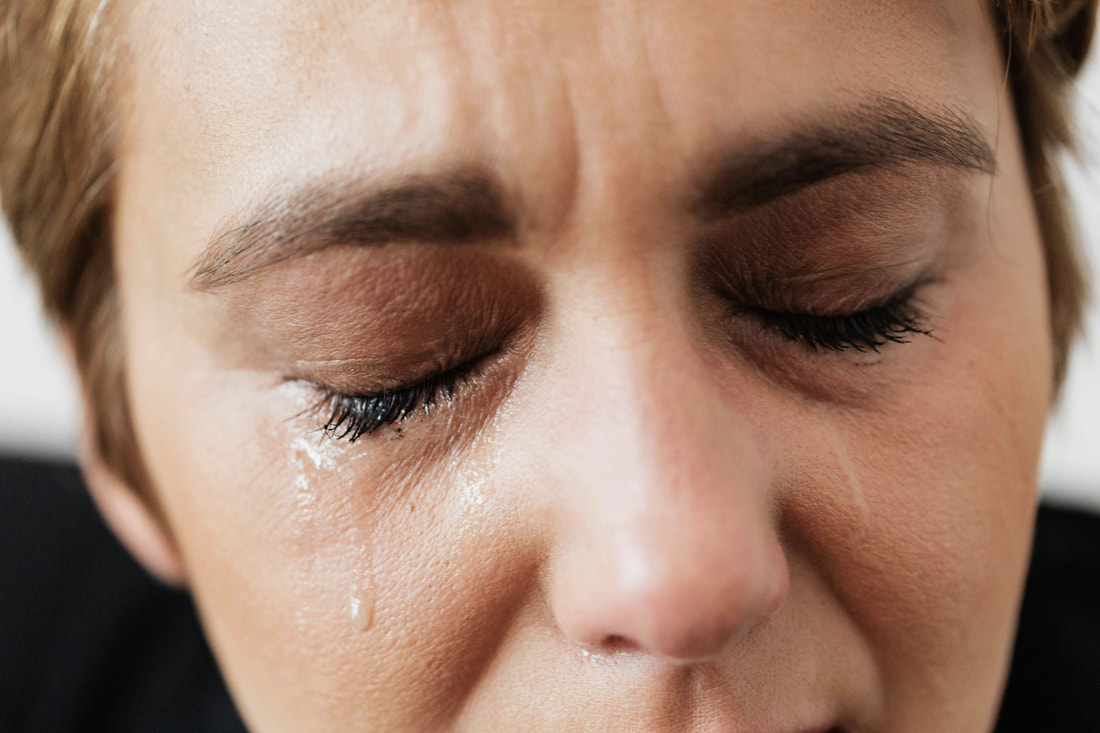
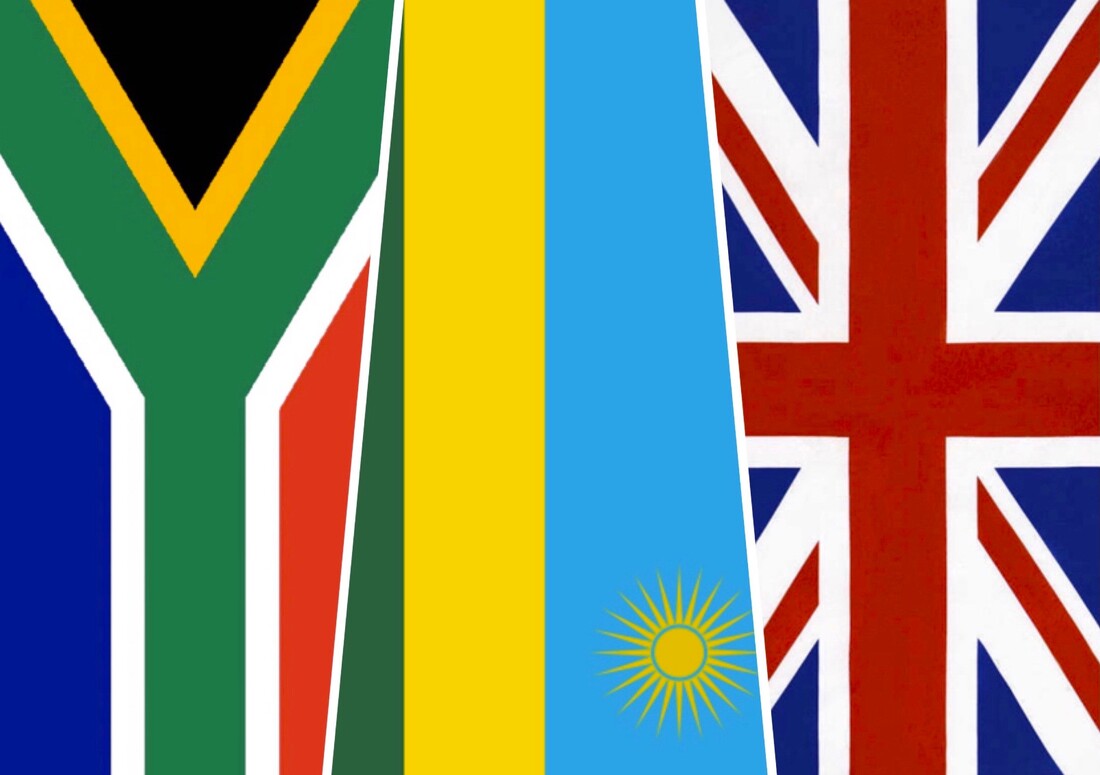
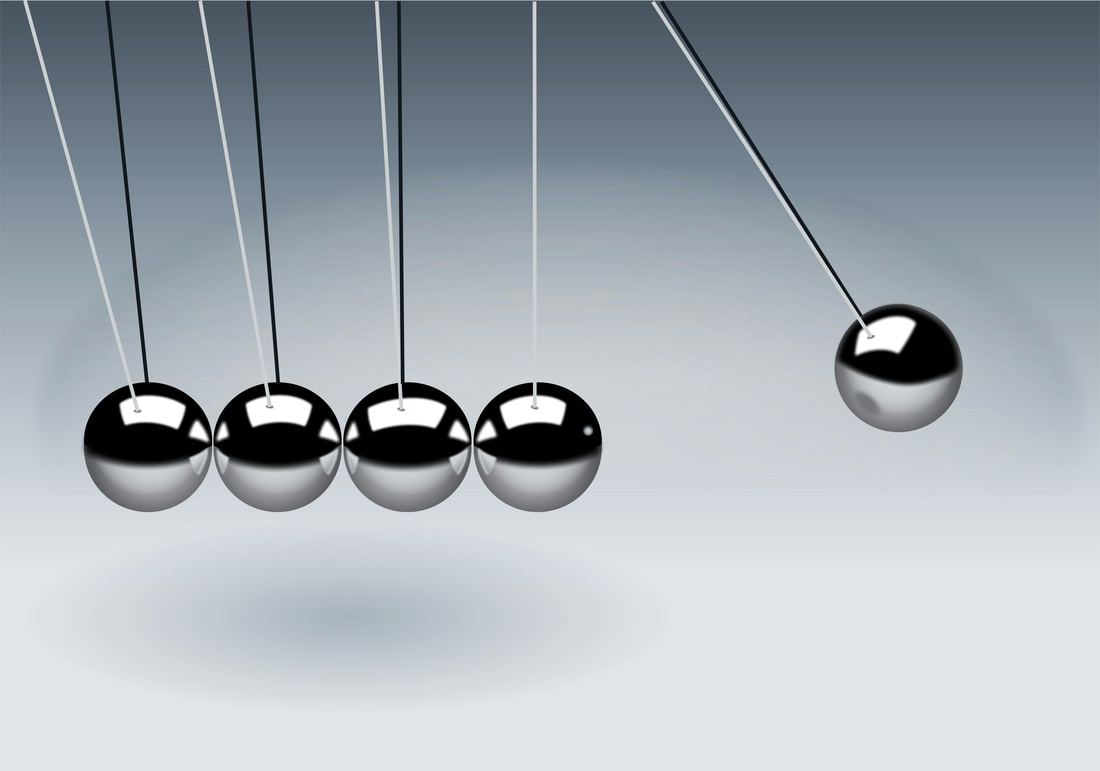
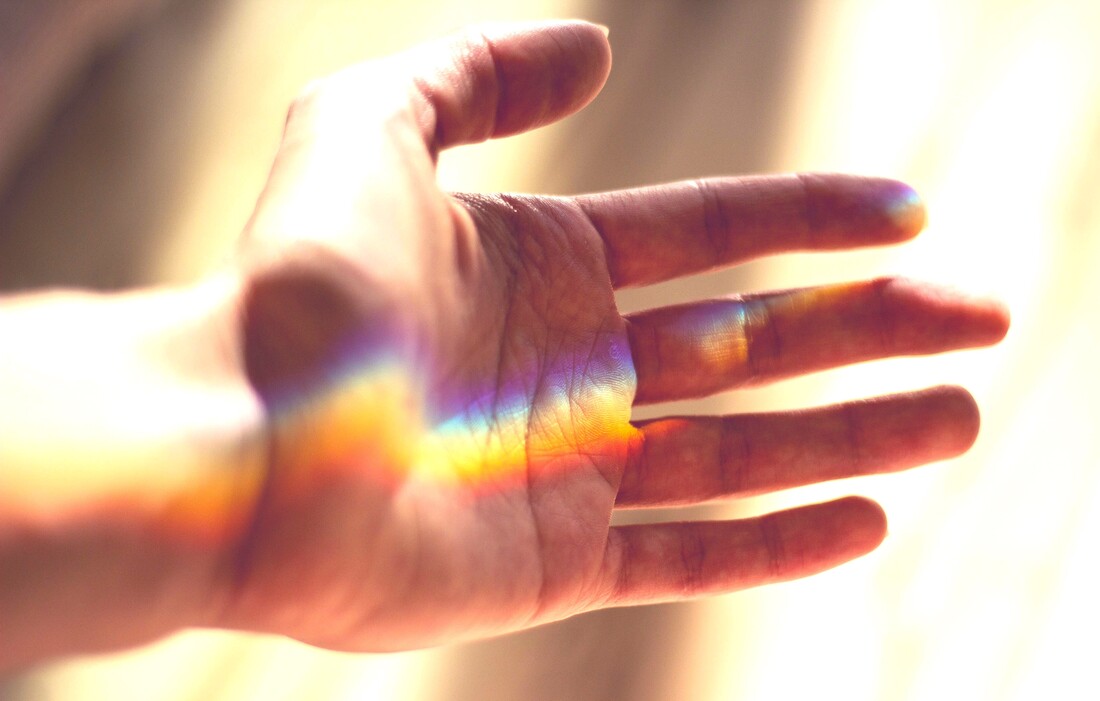
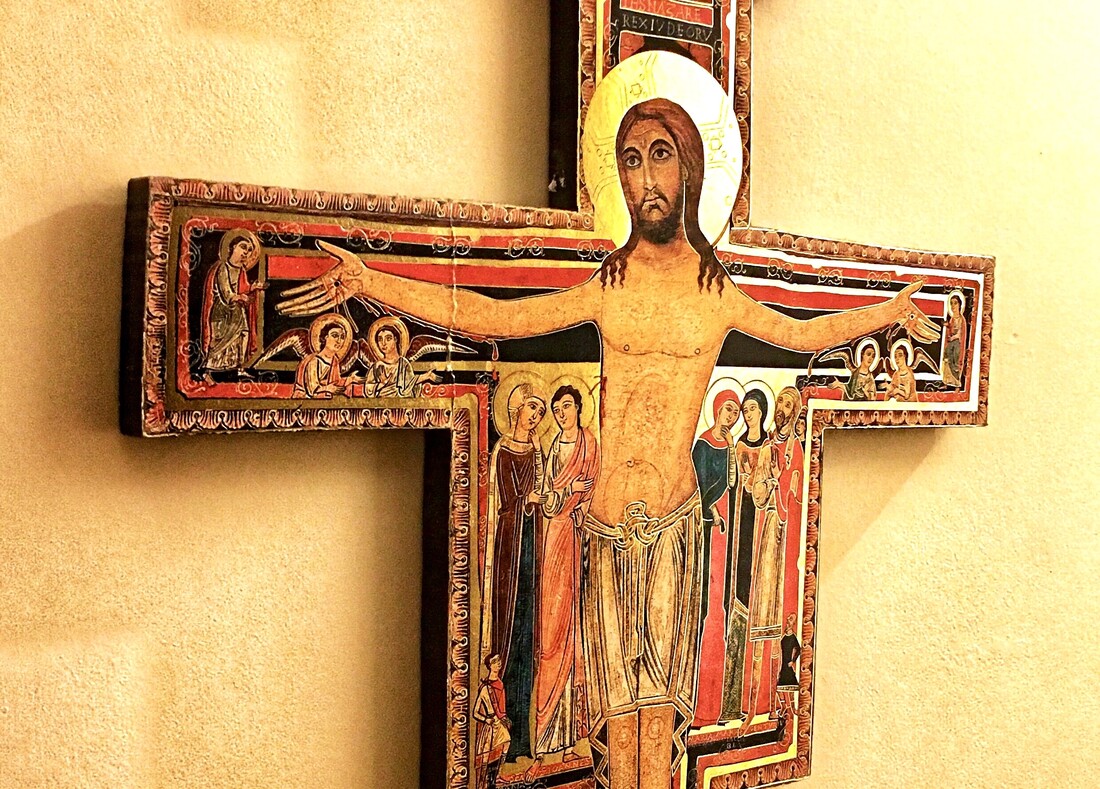
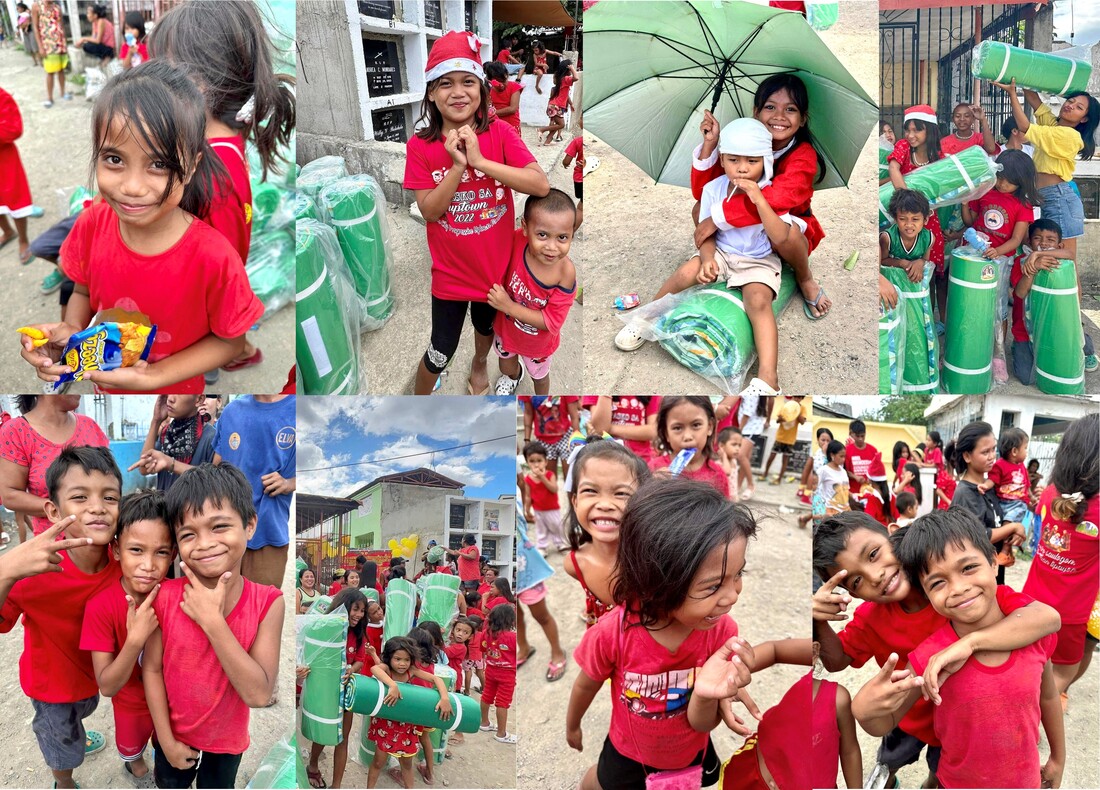
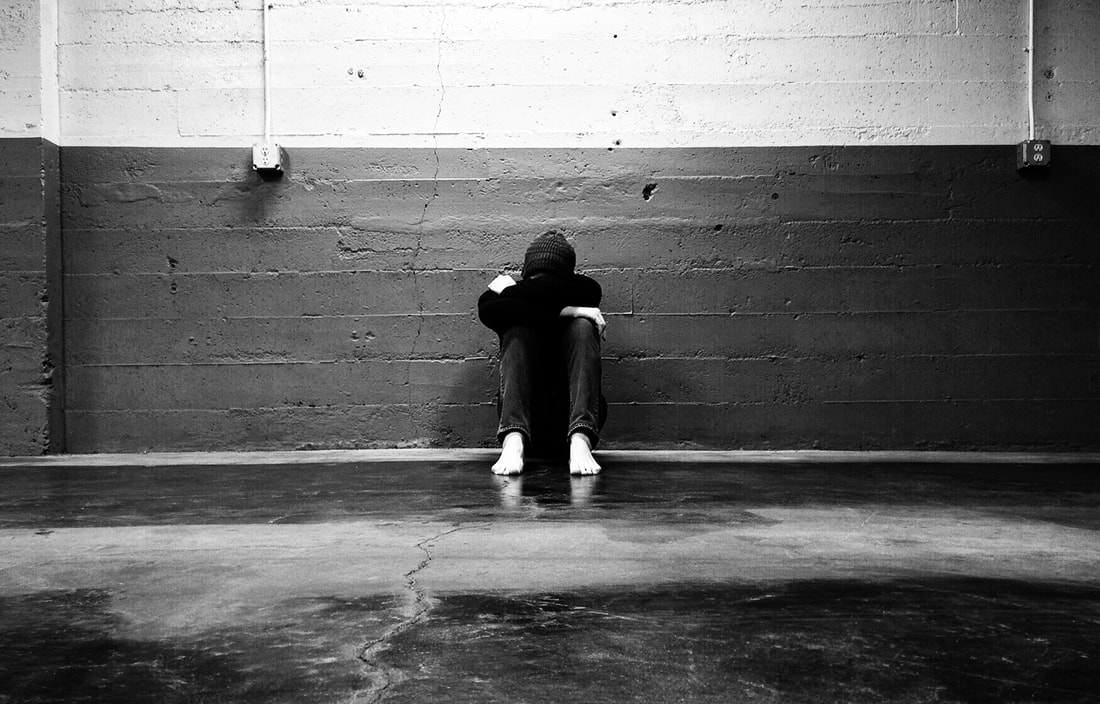

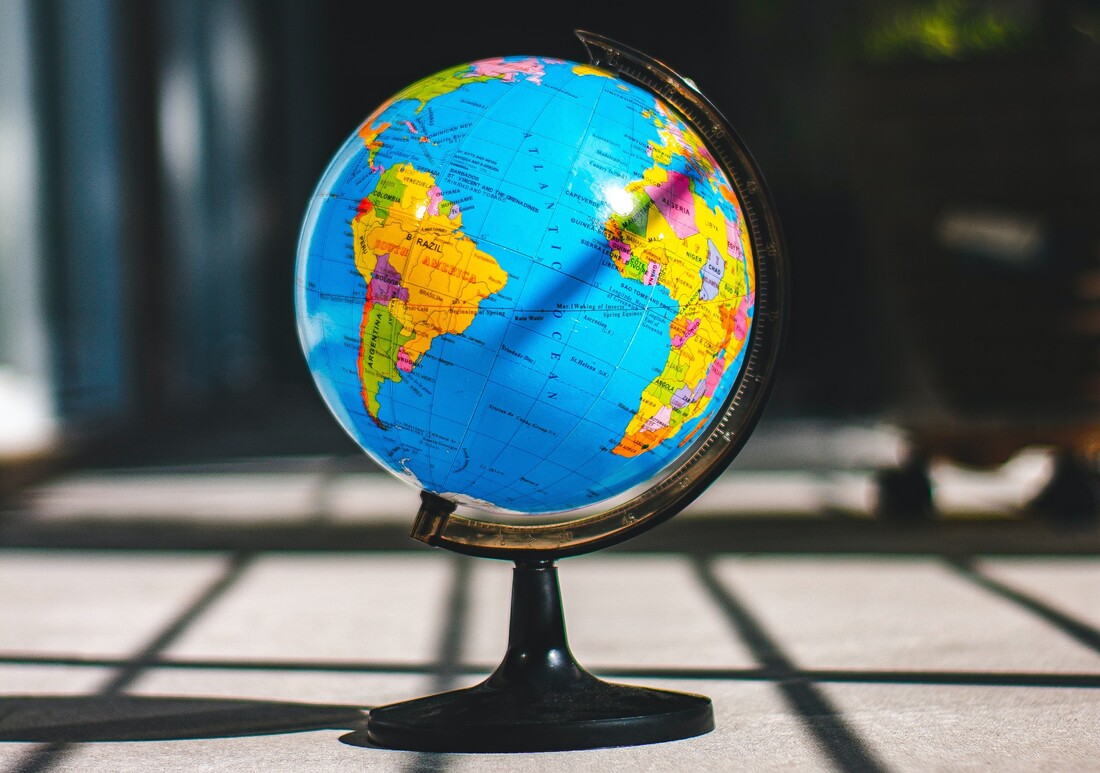
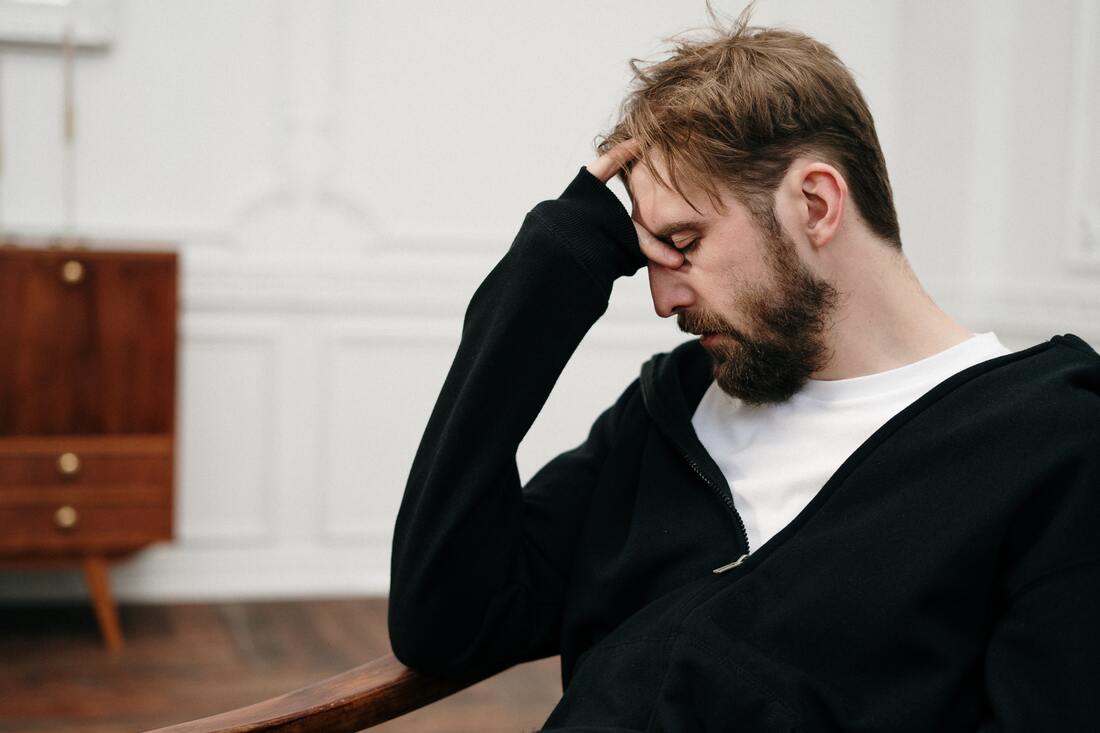



 RSS Feed
RSS Feed